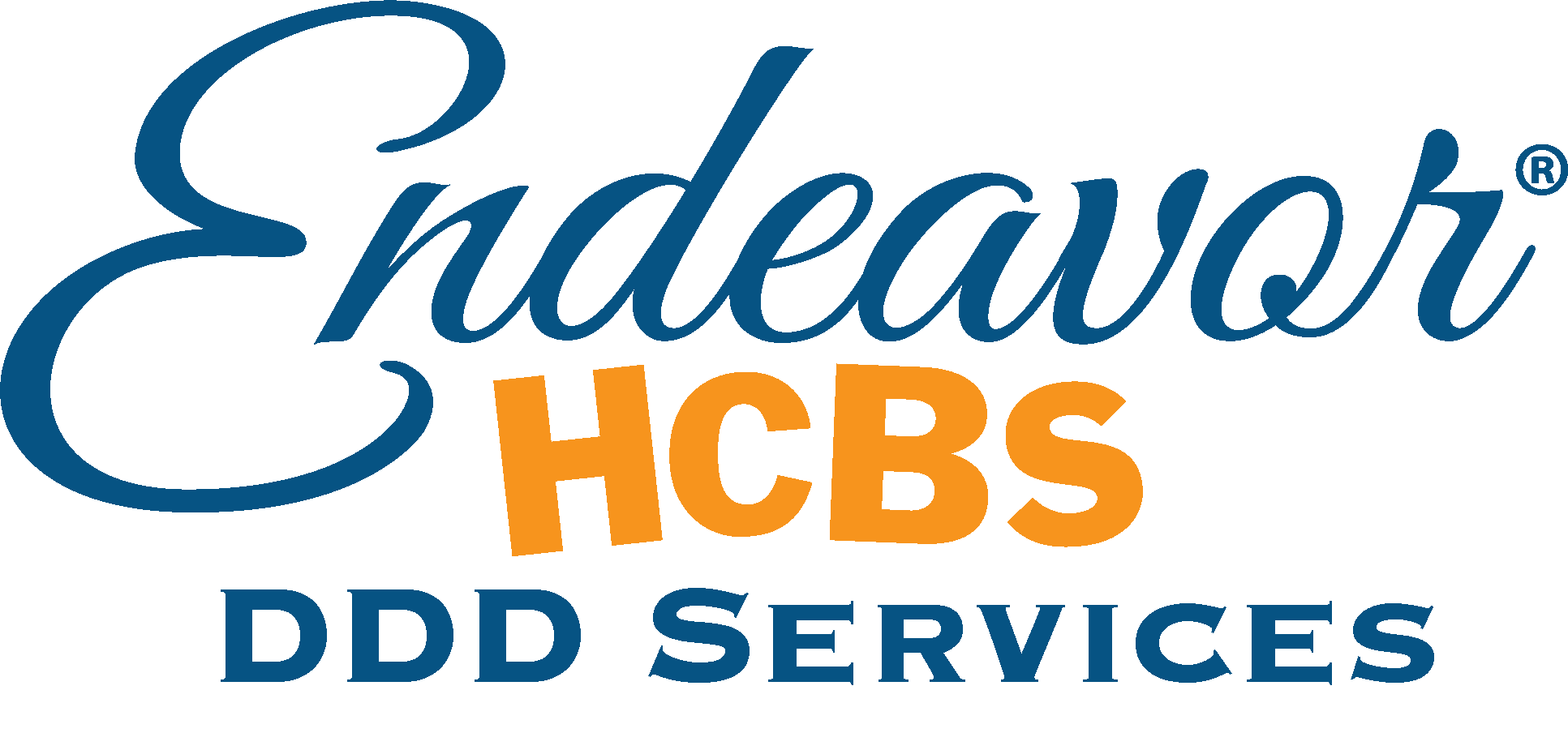

After heart surgery, follow these tips to care for the incision, reduce pain and swelling, and more.
After heart surgery, an intricate web of transitional care needs arises, from dietary changes to incision care, pain management, swelling reduction, and more. The last thing an older adult wants after coming back home from such a stressful event is to face the need for rehospitalization.
To help make sure your senior family member recovers completely and as rapidly as possible following heart surgery, review the following guidelines for effective transitional recovery:
Caring for the Incision
Details on how to care for the incision will be provided prior to discharge from the hospital. Problems to be aware of include:
- Occasionally, a swelling or lump appears at the top of the chest incision, and can take several months to go away completely.
- The incision can be gently cleaned (don’t rub) with soap. Do not use creams or lotions on incisions until healing is complete.
- Always keep the incision clean and dry.
- Avoid extreme hot or cold water temperatures, as they can cause faintness.
- If the incision is healing and dry, brief showers (no longer than ten minutes) are normally allowed. If there are sutures in the chest, stand with one’s back to the shower spray.
- If showers are not accessible, short baths (limited to ten minutes) may be taken.
Pain Management
In the beginning, there may be some incision or muscle discomfort in the chest area during physical activity, but there should not be pain in the chest similar to the pain prior to surgery.
- If the surgery was bypass surgery, and if vein grafts from the legs were used, there may be more pain in the legs than around the chest incision.
- A prescription for a pain medicine will be given prior to leaving the hospital.
- Walking, daily activities, and time will help to reduce leg discomfort and stiffness.
- Itching, tightness and/or numbness along the incision are common after surgery.
Swelling
It is possible to go back home with some level of swelling in the legs and feet, particularly if vein grafts were taken from the legs. If swelling is detected:
- Walk every day even if legs are swollen.
- Lift feet higher than heart level when resting. Attempt to do this three times a day for one hour to lessen swelling. (Note: recliners do not properly elevate feet.)
- Do not cross legs while lying in bed or sitting. This puts pressure on the veins underneath the knees and slows down blood flow.
- Hospital support hose may be recommended.
The recovery and transitional care period can be a daunting time and you may be tempted to call the doctor over each and every discomfort or symptom. Following are the symptoms that warrant a call to the physician immediately:
- Increased exhaustion or shortness of breath.
- Temperature higher than 101 degrees F on more than one occasion or chills for 24 hours.
- Abnormal pain or other symptoms not alleviated by medications.
- If the sternum feels like it moves, or it pops or cracks with movement.
- Significant oozing, redness, swelling or tenderness at the incision sites.
The professional home care team at Endeavor In Home Care can help considerably in keeping someone on the road to recovery after heart surgery by providing personal care services, helping around the house and with meals to allow the individual to rest and recuperate, running errands, picking up medications, and so much more.
Contact us at 480-498-2324 to learn more about how we can help you. We’re pleased to offer services to help seniors throughout Mesa, Scottsdale, Phoenix, and nearby areas.


